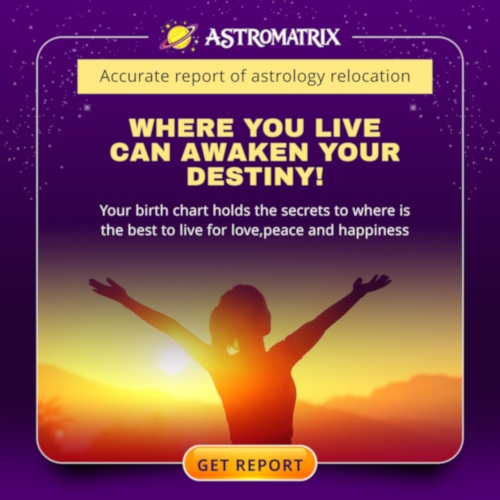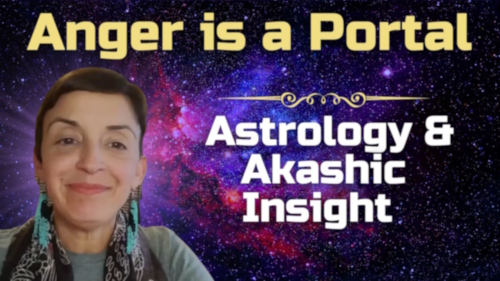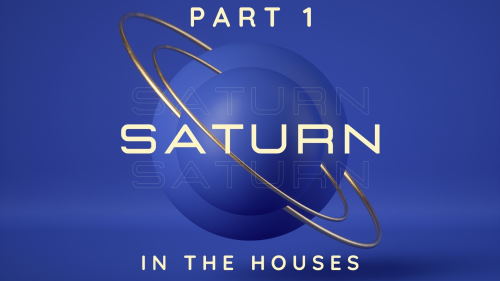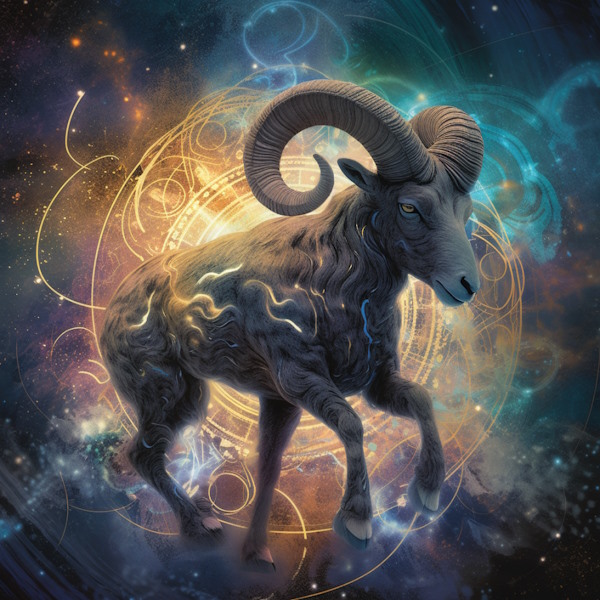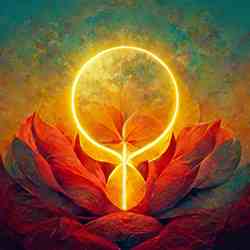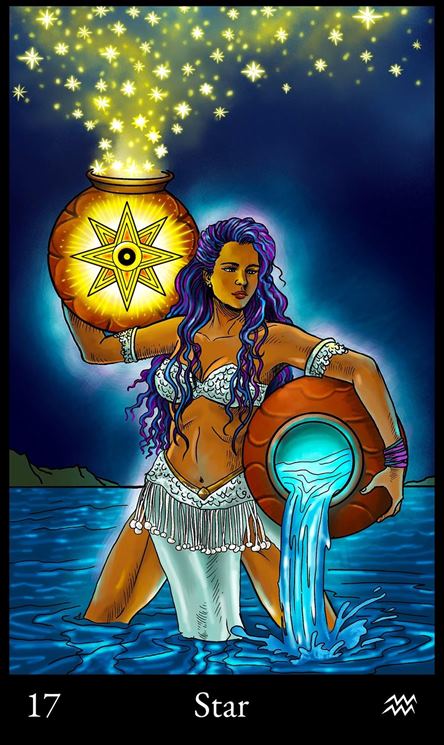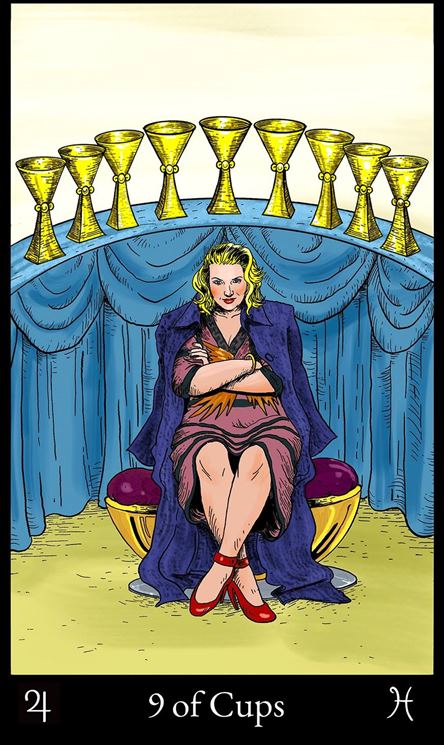Juno Inconjunct Uranus ~ Planet Aspects

"I embrace the dance between stability and freedom, finding harmony in both my relationships and personal growth."
- Embracing unconventional connections
- Exploring new possibilities in partnerships
Juno Inconjunct Uranus Opportunities
- Balancing independence and commitment
- Navigating freedom and partnership
Juno Inconjunct Uranus Goals
Juno Aspects
Juno: The Covenant of Partnership
In the natal chart, Juno, named after the Roman goddess of marriage and commitment, signifies the nature of one's ideal partnership and the qualities one values in long-term commitments. It delves deeper than just romantic inclinations, revealing insights into how an individual perceives loyalty, what they expect in terms of fairness within a union, and their innate approach to contracts, be they marital or otherwise. Juno's position by sign can indicate the kind of partner one is drawn to or the style of partnership that resonates most deeply. For instance, Juno in Leo might seek a dramatic, passionate, and loyalty-driven relationship, while Juno in Gemini might prioritize intellectual rapport and communication.
Juno's Sacred Vows
Beyond sign placement, the house Juno occupies shows the arena of life where one seeks deep commitment and where themes of contractual bonds might play out. For instance, Juno in the 10th house might indicate a person whose commitment is closely tied to their career or public life, perhaps suggesting business partnerships or a marriage that holds significant public importance. Aspects to Juno, whether harmonious or challenging, reveal nuances in how one navigates long-term commitments. A square to Venus might suggest tensions in balancing personal desires with partnership obligations, while a trine to Mercury could point to a harmonious communicative bond with a partner. Juno's intricate dance in the natal chart sheds light on the sacred vows one is inclined to make and the nature of the unions one seeks.
Juno Inconjunct Uranus Meaning
Your Juno Inconjunct Uranus aspect suggests that in your relationships, there may be an inherent tension between the need for stability and the desire for freedom. You may find yourself torn between wanting to commit and maintain long-term partnerships, yet also desiring independence and excitement.
This aspect can create a dynamic where you seek a balance between the conventional expectations of a committed relationship and your own need for personal growth and exploration. You may feel the pressure to conform to societal norms, yet simultaneously crave the freedom to express your individuality and pursue your own interests.
It is important to navigate this tension with awareness and open communication. Reflect on how you can honor your need for freedom while also nurturing your relationships. Are there compromises you can make that allow you to maintain a sense of individuality within a committed partnership? How can you create a space for both stability and excitement in your relationships?
Remember that relationships are a journey of self-discovery and growth. Embrace the opportunities that arise from finding a balance between your desire for independence and your need for connection. By actively engaging in honest dialogue and remaining open to the possibilities, you can create relationships that allow you to evolve and thrive.
Juno Inconjunct Uranus Keywords
For more information on your birth or transit aspects to discover your true potential, check out our captivating, interactive, and completely free love report. Learn how your empathetic nature shapes your interactions and enriches your relationships.
Our intuitive, user-friendly layout guides you through each aspect of your spiritual vision, making it effortless to pinpoint areas where you might need guidance in decision-making. By using your precise birth details, we ensure unmatched accuracy, delving deeper with the inclusion of nodes and select asteroids. Experience insights and revelations far beyond what typical reports and horoscopes offer.








